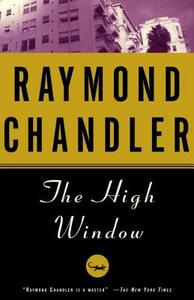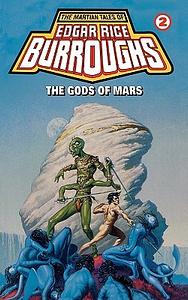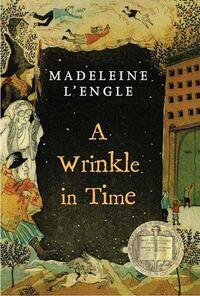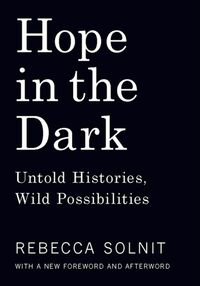You need to sign in or sign up before continuing.
Take a photo of a barcode or cover
itheory's Reviews (226)
Very thoughtful book. Gave me a lot to think about, especially when it comes to sussing out the creativity (or lack thereof) of a work environment.
Also love its brevity. Most nonfiction books are just overextended journal articles. This baby's only 92 pages. Go read it now!
Also love its brevity. Most nonfiction books are just overextended journal articles. This baby's only 92 pages. Go read it now!
Pretty good read. Some gaps in the story, and a little heavy on the political agenda. But at least it’s an agenda I’m on board with, so not as annoying as it might otherwise be.
Feels like two novels. The first part, up to the escape, feels quite modern, thanks to the lower-class dialect. The second part, which is longer, feels more like a victorian novel, with much more flowery speech. Also noticed two different types of female characters: Those are sweet, steadfast, weak and boring; and those who are evil, nasty, intelligent, and interesting. Truly a period piece.
Haven't read since fourth grade in the 70s, when it captivated me; wanted to absorb it before the movie comes out next year. My memories of it were better than the reality; it doesn't hold up, feeling very much like a product of its time. Meg is overprotected throughout, with Calvin present really just told hold her hand and make her feel secure. I hope the movie adaptation dumps the idea that she needs a fella around in order to be her best self. Better yet, they can just get rid of Calvin altogether, since he serves no other purpose in the narrative. Meg can do what she needs to do under her own power.
I get that this book was unique for its time, but it has been far surpassed by other works that build on its ideas about interstellar travel without the tired tropes of simple good and evil and love winning over all. Literally love, in this case, not even any other action. The fantasy/sci-fi world has grown since “Wrinkle” was published, and so have we. Here's hoping the movie adaptation deepens the plot, as well.
So read “A Wrinkle in Time” for its place in history, but not for itself.
I get that this book was unique for its time, but it has been far surpassed by other works that build on its ideas about interstellar travel without the tired tropes of simple good and evil and love winning over all. Literally love, in this case, not even any other action. The fantasy/sci-fi world has grown since “Wrinkle” was published, and so have we. Here's hoping the movie adaptation deepens the plot, as well.
So read “A Wrinkle in Time” for its place in history, but not for itself.
The first chapter is quite good, a decent palliative against “Agile” the noun, highlighting the need for flexibility. “Agile” is an adjective, like “nimble,” not a noun. Having just finished “Why We Work,” which I loved, I found that much of the POV here resonated.
The rest of the book, however, is a mess. Poorly written, badly in need of copyediting, highly repetitive, and full of jargon impenetrable only to those well-versed in "Agile" the noun. There were some good points, especially in the final chapter, but precious few pointers.
So while I *think* I agree with the author’s main points, and learned a bit about agile practices, I think that most folks would be better off reading some other book that is better written and goes into more detail. Perhaps something that covers each of the five items of leadership briefly covered in the final chapter.
The rest of the book, however, is a mess. Poorly written, badly in need of copyediting, highly repetitive, and full of jargon impenetrable only to those well-versed in "Agile" the noun. There were some good points, especially in the final chapter, but precious few pointers.
So while I *think* I agree with the author’s main points, and learned a bit about agile practices, I think that most folks would be better off reading some other book that is better written and goes into more detail. Perhaps something that covers each of the five items of leadership briefly covered in the final chapter.
This book brings an important perspective to bear against the hopelessness, cynicism, and perfectionism of social movements. The work is the reward, we need to celebrate the small victories, and never let the prefect be the enemy of the good — or the minor. Some of the examples date the book, and I disagree with a few points of activism (but then, who am I to judge?), but the overall point stands and resonates.









